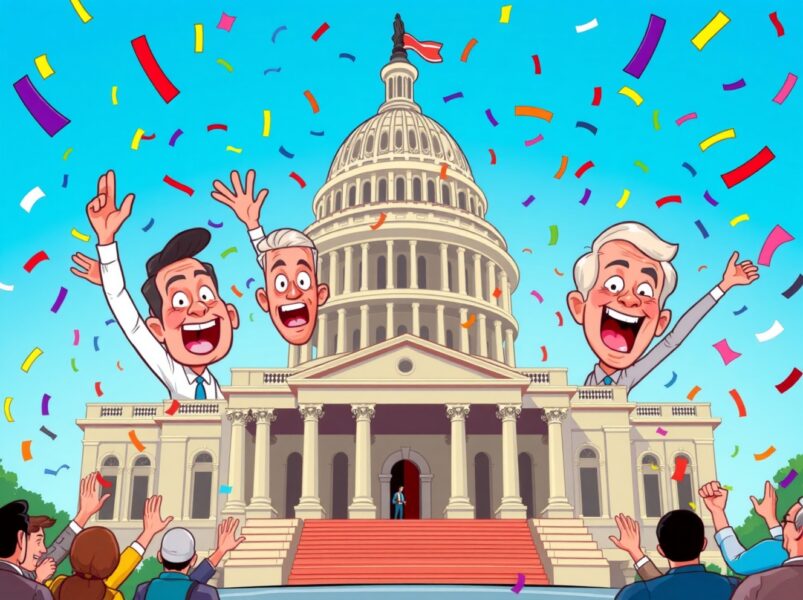Cameo has sued OpenAI for trademark infringement over using "cameo" as a feature name in the Sora video app
The celebrity video service Cameo has filed a lawsuit against OpenAI, claiming the artificial intelligence company stole its name for a new feature in the Sora video app.
Cameo brought the trademark lawsuit to a California federal court on Tuesday. The company says OpenAI’s decision to call its feature “cameo” will hurt Cameo’s reputation by making people think the brand is connected to “ersatz, hastily made AI slop and deepfakes featuring celebrities.”
Cameo started its app back in 2017. The service lets fans pay to get short custom videos or live video calls from famous people, social media stars, and other well-known personalities.
As Cryptopolitan reported, OpenAI rolled out its Sora app on September 30th. The app makes AI videos and has a feature called “cameo” that creates deepfake copies of users that others can put in their videos. While some celebrities have agreed to upload their faces to the feature, the app’s weak safety measures have allowed people to make unauthorized deepfakes of others.
Cameo tried a private settlement first
Steven Galanis, who runs Cameo as CEO, said his company tried to work things out privately first. “We do not take litigation lightly. While we attempted to resolve this matter with OpenAI amicably, they refused to stop using the Cameo name for their new Sora feature,” Galanis told The Verge. “To protect fans, talent, and the integrity of our marketplace, we felt that we unfortunately had no other option but to bring this lawsuit.”
In court papers, Cameo argues that OpenAI picked the name “cameo” on purpose to ride on the good reputation Cameo built up since its start. The company also pointed out that several websites have popped up focusing on Sora’s cameo feature, which damages Cameo’s trademark even more.
OpenAI pushed back against the accusations. “We’re reviewing the complaint, but we disagree with these claims and will defend our view that no one can claim exclusive ownership over the word ‘cameo’,” said Oscar Haines, a spokesperson for OpenAI.
What Cameo wants from court
Cameo wants money for damages and a court order forcing OpenAI to drop “cameo” or “cameos” from its product names.
This lawsuit adds to OpenAI’s growing legal troubles, as the company faces multiple lawsuits over copyright infringement and other issues related to its AI products. The Sora app has also faced criticism from talent agencies and celebrities, leading OpenAI to partner with SAG-AFTRA to curb deepfakes.
If you're reading this, you’re already ahead. Stay there with our newsletter.
You May Also Like

Aster has announced the launch of its fourth phase of airdrops, allocating 1.5% of the total supply.

Analysis: RSI is trending towards a rebound, while ETF fund flows are cautious; the sustainability of Bitcoin's rebound remains to be seen.
